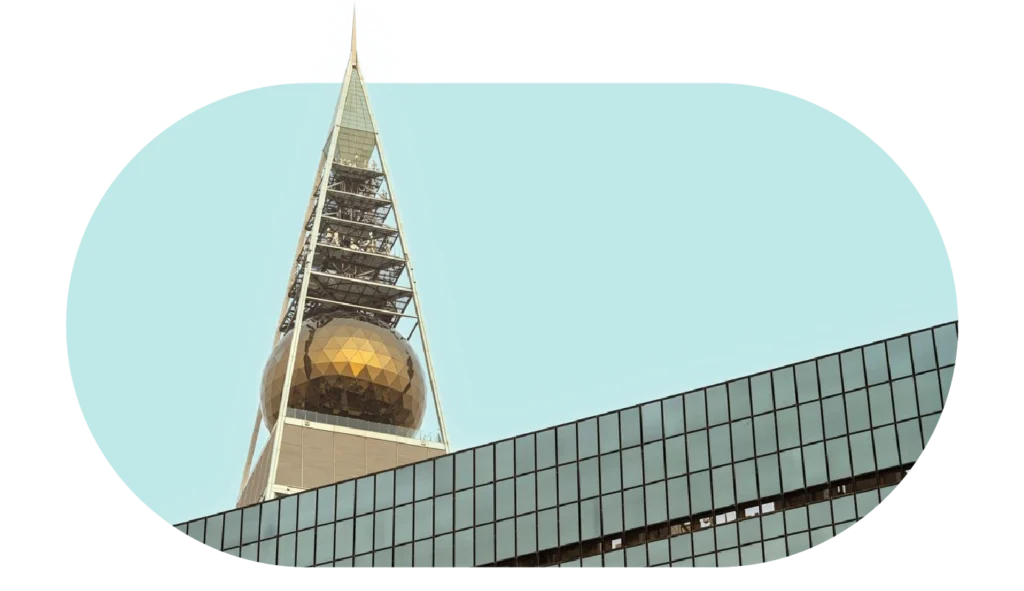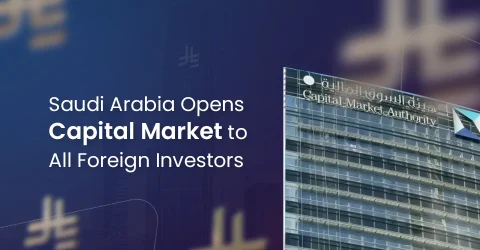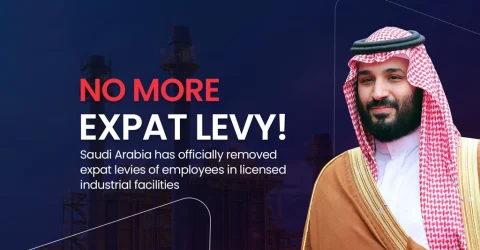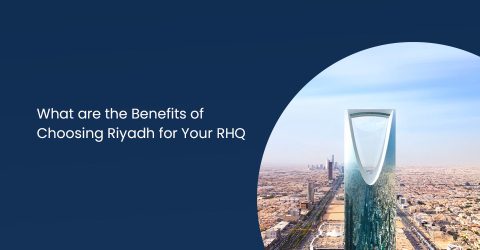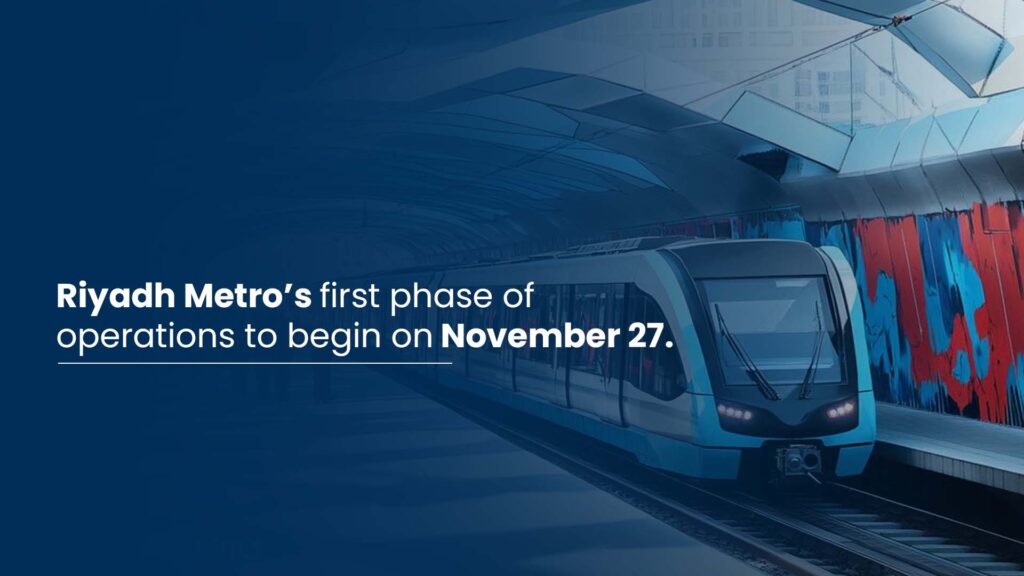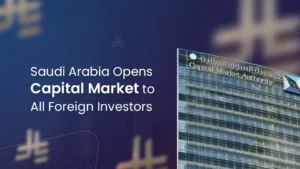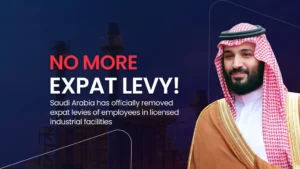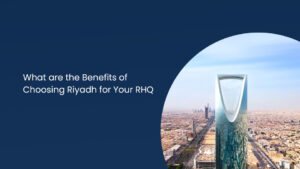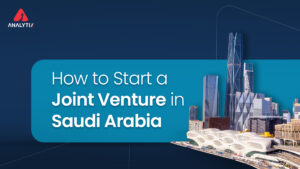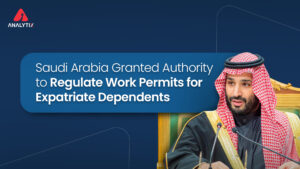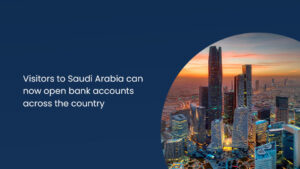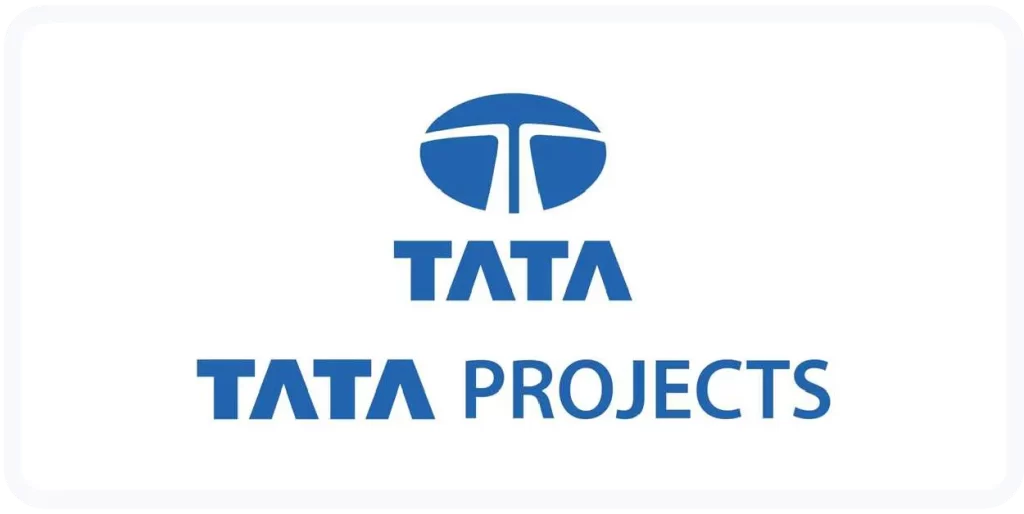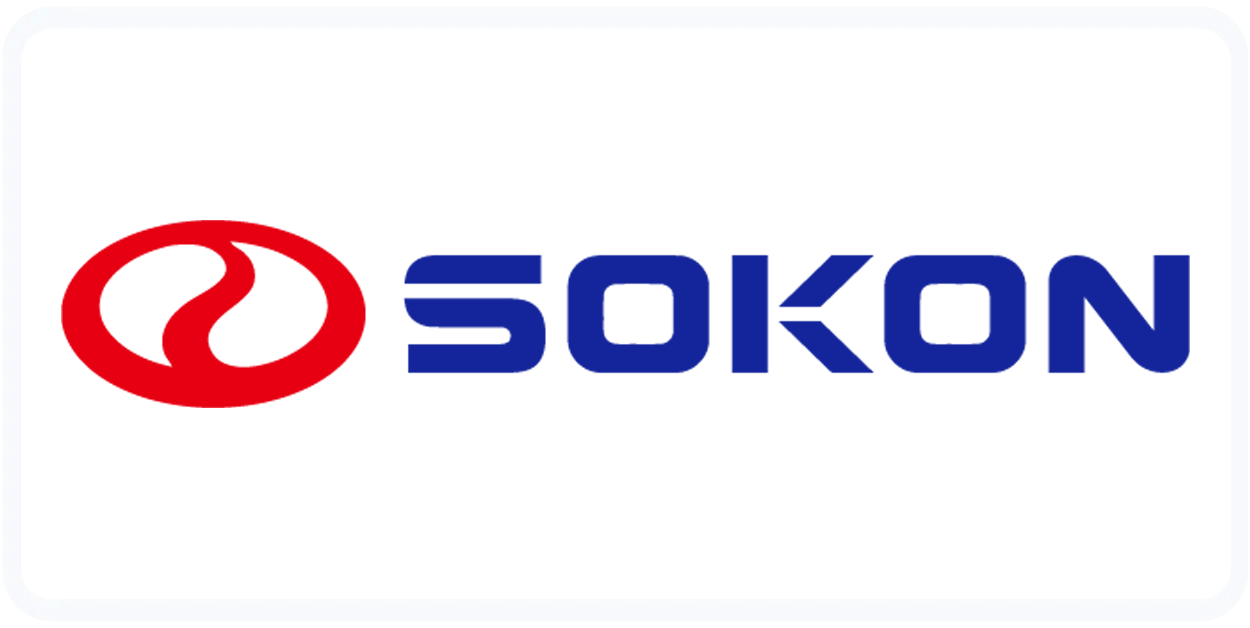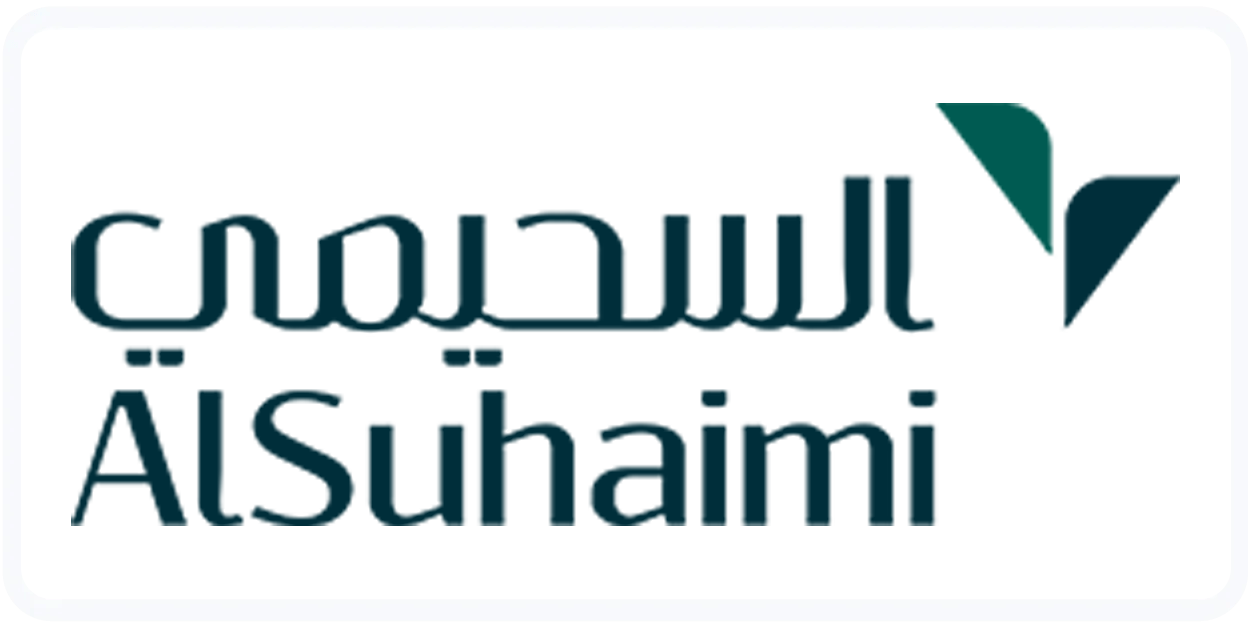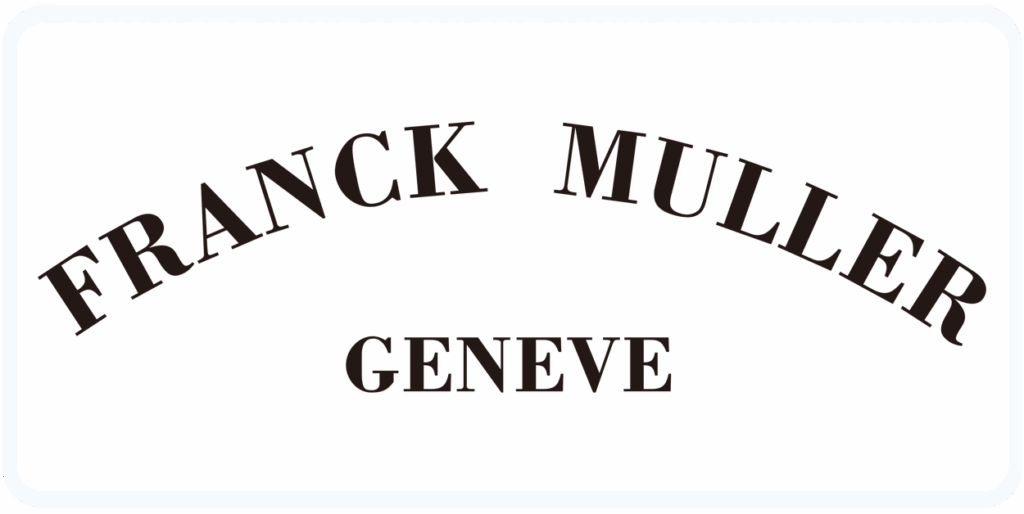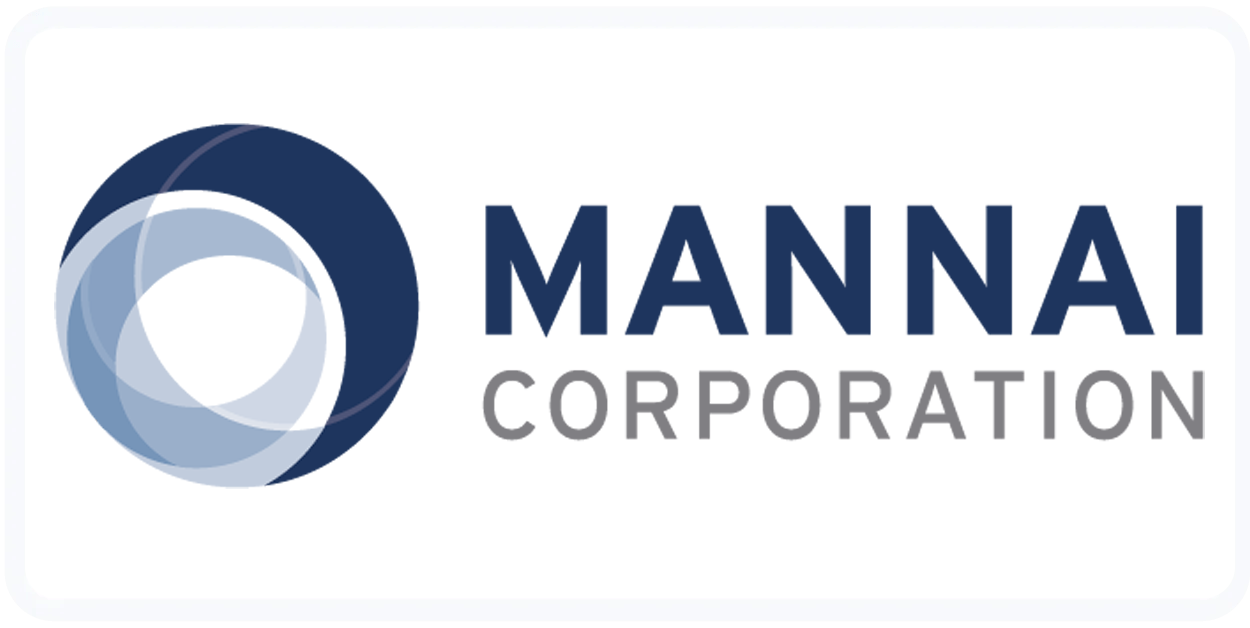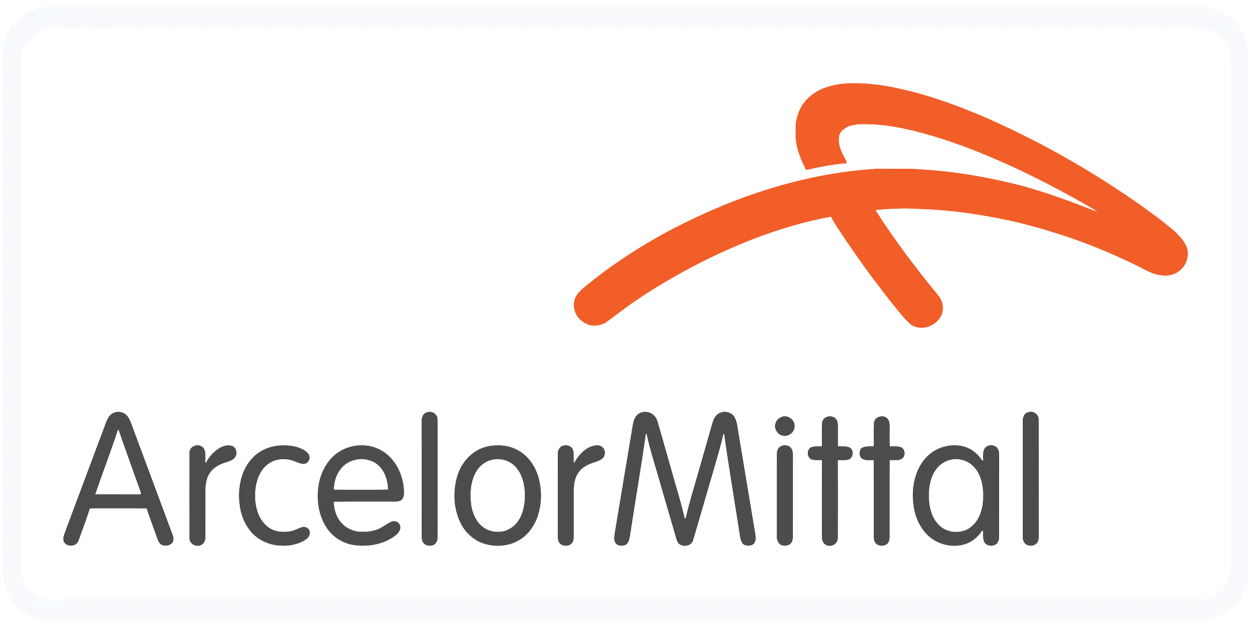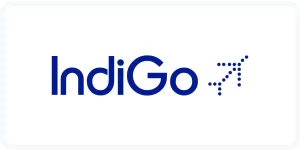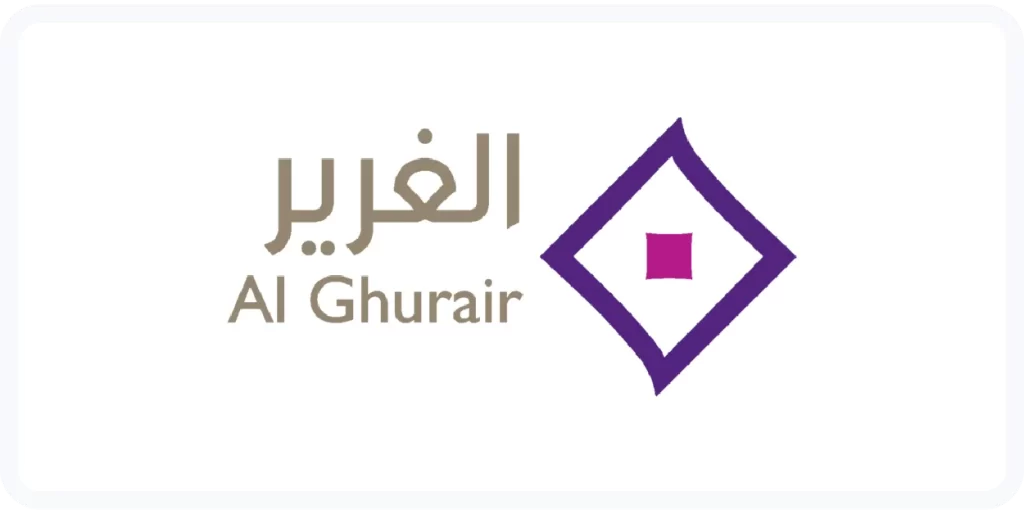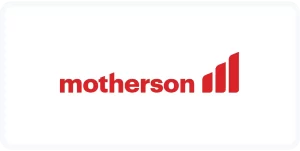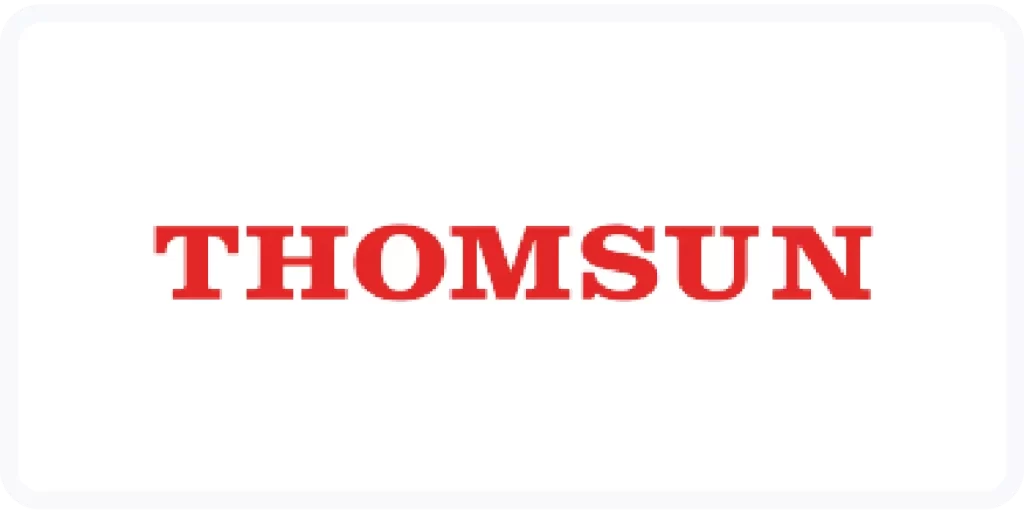RIYADH: Riyadh Metro, a major milestone for Saudi Arabia, will open its first phase on November 27, 2024. The world’s largest, $22.5 billion driverless metro system, is geared to modernise transportation in Riyadh, supporting the nation’s Vision 2030 objectives to lessen traffic, encourage sustainability and support urban growth.
The metro network will cover 176 kilometers with six colour coded lines and 84 stations and is expected to serve more than 1.2 million passengers every day in the phase 1 and double the capacity once it’s fully functional. The first phase will include three routes:
Line 1 – Blue Line – Covering 38 km along Al-Olaya, Al-Batha, and Al-Hayer roads.
Line 4 – Yellow Line – Covering 29.6 km along King Khalid International Airport Road.
Line 6 – Violet Line – Covering over 30 km connecting Abdulrahman Bin Awf Road and Sheikh Hassan Bin Hussain Bin Ali Road.
Three more lines will start functioning by Mid-December, spanning along King Abdullah Road, Al-Madina Road, and King Abdulaziz Road.
King Abdullah Financial District (KAFD) Metro Station, Qasr Al-Hukm District Station, STC Station, and Western Metro Station will be the main hubs. To ensure a comfortable commute, the hubs will present modern designs, underground parking, retail outlets and cafes. The architecture of KAFD station, designed by Zaha Hadid has drawn attention for its iconic design.
The project is built in a way that promotes sustainability. For key systems, Solar panels are used, generating 20% of the energy required for the operations along with regenerative braking technology to lessen energy consumption. The whole network will eventually completely operate on renewable energy, further boosting Riyadh’s environmental goals.
Although the project was approved in 2012, there were delays caused due to logistical challenges and the COVID-19 pandemic. The launch shows a major step towards Saudi Arabia’s urban infrastructure development.
The ticket prices and discount packages will be announced by the authorities soon, with a focus on making the metro accessible and affordable for all commuters.

